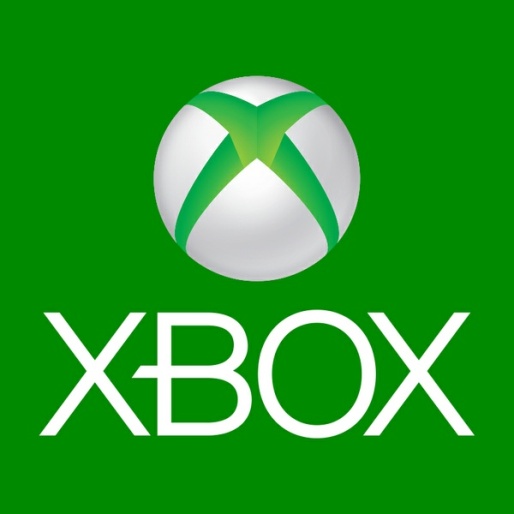 NEWS
NEWS
 NEWS
NEWS
 NEWS
NEWS
![]() The Xbox isn’t the place to go to for MMOs, free-to-play or otherwise. As a whole, consoles have not been that big of a breeding ground for massively-multiplayer online games and part of that may be due to the general video-game making culture related to consoles which tend to favor sports and shooter games (can we say Call of Duty and Halo?) However, that doesn’t mean that MMO games haven’t make a little bit of a mark on the previous Xbox 360—but looking at the heavily Internet-connected and cloud-centric design focus of the Xbox One might change this.
The Xbox isn’t the place to go to for MMOs, free-to-play or otherwise. As a whole, consoles have not been that big of a breeding ground for massively-multiplayer online games and part of that may be due to the general video-game making culture related to consoles which tend to favor sports and shooter games (can we say Call of Duty and Halo?) However, that doesn’t mean that MMO games haven’t make a little bit of a mark on the previous Xbox 360—but looking at the heavily Internet-connected and cloud-centric design focus of the Xbox One might change this.
During his presentation at the #XboxReveal press conference, Microsoft’s Marc Whitten spoke about how game developers can take advantage of Microsoft’s 300,000 servers to make “larger matches and persistant, living worlds” possible.
For MMO games the sense of a “persistent, living world” is a very important concept for these highly social games that virtualize an entire world for players to exist in and take part of events and culture. The draw of an MMO game has always been to participate in culture-forming, events, and cooperation (or competition) with other players also in the virtual world and with cloud architectures such as Azure, developers taking advantage of Microsoft’s cloud dedicated to the Xbox One could bring the next-big-thing.
Out of all the current MMO games available on the Xbox only Final Fantasy XI comes to mind for most players and more recently Trion World’s Defiance was also added. The problem is that FFXI is aging and the community slowly draining away and although Defiance provides a nice shooter backdrop, the game has presented as a bit of a social failure at a mechanical level.
On the horizon, Bungie (best known for creating Halo) is working on the next-gen MMO Destiny; but that’s still way out there.
MMOs take a lot of processing power, big data centers, and often many-many shards to run
Early MMOs had to run in physical spaces and on their own servers and often centered themselves geographically to lower latency to players—and many still separate by continent between the US, Europe, Asia, and Oceania—but as the cloud continues to virtualize data centers this has become less of a problem. It also means that MMO outfits must buy into their own infrastructure (cloud or physical) and that means that start-up costs and maintenance eat a lot of the spare resources for modern MMOs.
The biggest MMO of all time World of Warcraft supports their own vast balls-to-the-wall data center infrastructure to keep their multi-billion dollar game operational.
If Microsoft wants to draw MMO publishers and developers to the Xbox, the company can do more than just offer SDKs or easier licensing and a ready audience—but also space on their 300,000 server strong cloud network to virtualize and run MMO shards. Publishers who can offload part of their operating costs onto Microsoft’s cloud-infrastructure (be it running Azure or something else) would save a great deal of money and depending on the business model of the MMO it could become lucrative for Microsoft to take a cut.
In fact, the free-to-play market, which gives away the game for free and allows players to play for free, allows players to buy into virtual item shops to pay for the operating costs of the game. Given that numerous pay-to-play MMOs have seen huge boosts in revenue after switching and free-to-play players appear to pay more than ordinary subscribers on weighted average. By giving discounts on infrastructure to MMO developers and publishers, Microsoft could take a cut of that pie by being part of the payment process for virtual items.
Therefore, players should expect to see more MMOs tasting the Xbox One waters in the future, especially if those severs are part of an enticement to get more game developers and publishers on board.
THANK YOU